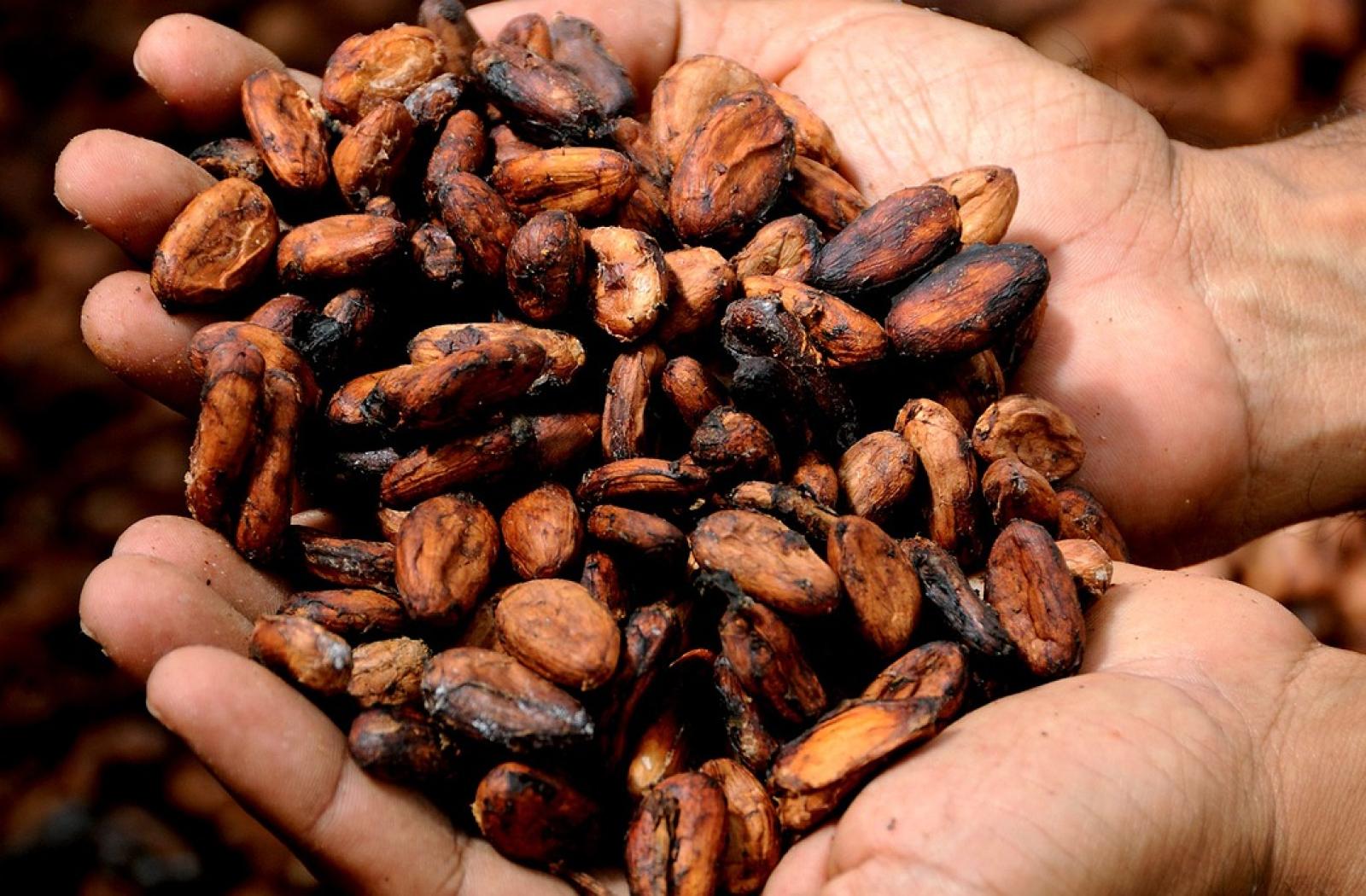A blog by Dr. Benjamin Kwasi Addom, Adviser, Agriculture & Fisheries Trade Policy, Commonwealth Connectivity Agenda, Commonwealth Secretariat.

As the global push for environmental accountability gathers pace, the European Union’s Deforestation Regulation (EUDR) has emerged as a landmark law targeting deforestation and forest degradation. With its stringent requirements for traceability, due diligence, and compliance, the EUDR carries significant implications not only for companies exporting to the EU but also for the nations producing these commodities. At the heart of EUDR compliance lies effective data management, a challenge for many sourcing nations grappling with fragmented and uncoordinated data ecosystems.
In this first instalment of a three-part blog series, we examine the valuable lessons EUDR offers to Commonwealth countries, highlighting the pressing need for cohesive national data management strategies to navigate these evolving global demands successfully.
The European Union Deforestation Regulation (EUDR)
The EUDR is a new EU law designed to curtail the production and consumption of commodities and products linked to deforestation and forest degradation. Under the regulation, companies seeking to place, supply, or export specified products and commodities on the EU market must ensure and demonstrate that their products do not contribute to deforestation. They must also comply with the laws of the producing country and provide a due diligence statement.
The list of affected commodities includes cocoa, coffee, and palm oil, alongside derived products such as chocolate. A full list is available from the EU. Breaching the regulation exposes companies to severe penalties, such as fines of up to 4% of annual turnover, confiscation of non-compliant products, exclusion from public procurement opportunities, and temporary bans on marketing relevant products.
While primary responsibility lies with companies entering the EU market, this obligation indirectly shifts to producers, farmers, cooperatives, micro, small and medium enterprises (MSMEs), and the countries where these goods are sourced.
Data Coordination: The Keystone of EUDR Success
The cornerstone of EUDR compliance is traceability, which hinges on the collection of comprehensive data about commodities, including their country of origin and precise geolocation of production. The success of the regulation depends on the availability and accessibility of high-quality data, which in turn relies on robust data infrastructure to ensure seamless coordination from producers to consumers.
Unfortunately, many sourcing nations face significant challenges in this area. While agricultural data holds immense potential for informed decision-making, these benefits are often undermined by systemic inequities in access, representation, and stakeholder inclusion. The issue is not a lack of data, but rather the underutilisation of existing datasets, which remain locked in silos due to the absence of shared spaces or infrastructure for data exchange.
In a typical national data ecosystem, multiple stakeholder groups are involved in data collection, curation, processing, storage, and sharing. While diverse perspectives can help validate data, the lack of coordination often leads to duplication, inefficiencies, and an unwillingness to share data. This results in hoarded datasets, operational inefficiencies, and fatigue among data subjects.
The consequences are far-reaching: stalling innovations reliant on data, policy decisions based on incomplete or fragmented information, and imbalances of power between data owners and data holders. The EUDR risks exacerbating these issues, as exporters invest in duplicative data collection efforts for EU markets, even when similar datasets already exist in-country.
A Bottom-Up Approach: The Way Forward
To address these challenges, a bottom-up approach is needed—one that integrates existing systems and facilities at the national level to build more complex infrastructures at regional and global scales. While this approach may appear complex, it is more effective than top-down global initiatives that often result in duplication rather than integration.
The EUDR underscores the critical importance of robust data management frameworks to meet the demands of modern regulatory landscapes. For Commonwealth countries, this regulation acts as a wake-up call to address inefficiencies and inequities within their current data ecosystems. By adopting a coordinated, bottom-up strategy, these nations can not only meet international compliance requirements but also unlock the transformative potential of their agricultural data. This could pave the way for policy innovation, equitable access, and sustainable growth.
As this series progresses, we will explore actionable strategies and successful case studies to help Commonwealth countries reshape their data landscapes and thrive in a data-driven global economy.



